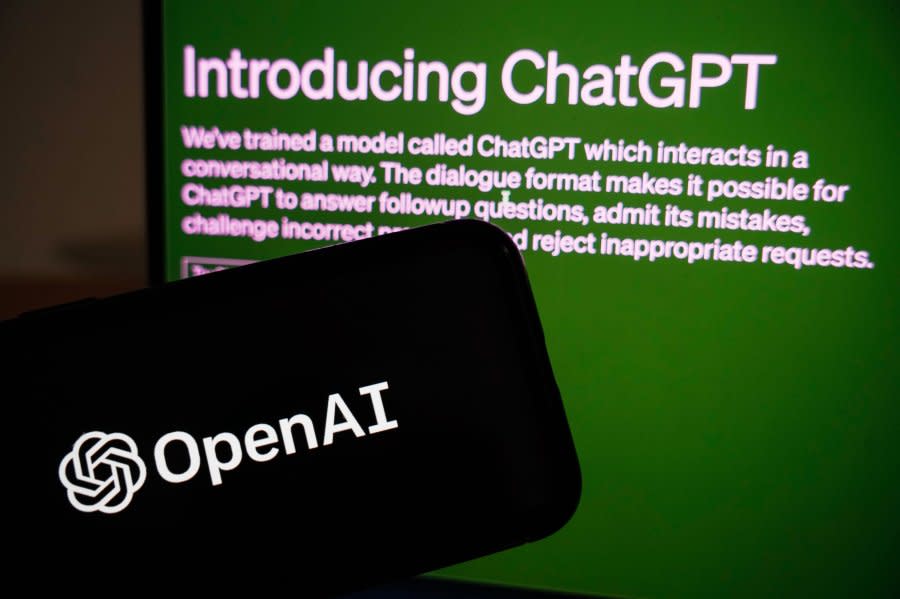UNESCO warns AI could fuel Holocaust denial, anti-Semitism

June 18 (UPI) -- The boom in the use of generative artificial intelligence could distort the truth of what happened in the Holocaust and fuel anti-Semitism, UNESCO warned Tuesday.
The new technology provides "malicious actors" with a tool to seed disinformation and hate-fueled accounts of the Nazi genocide of the Jews in Europe in World War II but could also unwittingly be a source of made-up or misleading content about the Holocaust, the U.N. body responsible for promoting world peace through cultural exchange said in a report.
Calling for implementation of a set of ethical principles adopted by all 193 U.N.-member countries in 2021 to be expedited, UNESCO warned that AI's tendency to "absorb and amplify society's biases data" was an issue when it came to the Holocaust due to the prevalence of disinformation about it.
The report noted that because the data used to "train" AI, is mostly from the Internet it may include misleading, harmful and biased content with the potential to misrepresent the facts and harden existing prejudices -- with the use of data from Holocaust denial websites a particular worry due to little to no oversight by AI developers.
With 80% of young people between the ages of 10 and 24 using AI multiple times daily for education and entertainment urgent steps are needed to reduce their risk of exposure to distorted information about the Holocaust, which has found new ways to spread through AI-generated content.
"If we allow the horrific facts of the Holocaust to be diluted, distorted or falsified through the irresponsible use of AI, we risk the explosive spread of anti-Semitism and the gradual diminution of our understanding about the causes and consequences of these atrocities," said UNESCO Director-General Audrey Azoulay.
"Implementing UNESCO's Recommendation on the Ethics of AI is urgent so that younger generations grow up with facts, not fabrications."
The report said distortion of Holocaust-related content, fabricated testimonies, and the doctoring of historical records by AI have all been documented along with deepfake images and audio that appear particularly authentic when pushed to young people on social media.
UNESCO pointed to a "Historical Figures App" in which users can "chat" with Adolf Hitler and his minister of spin, Joseph Goebbels, and claims prominent Nazis did not purposely support the Holocaust and attempted to stop persecution of Jews.
The report also expressed concern over AI's tendency to color-in information gaps due to a lack of data on a specific subject by inventing or "hallucinating" events, personalities and policies, citing an instance where ChatGPT presented as fact "Holocaust by drowning" in which the Nazis drowned Jews in rivers and lakes, and Google's Bard generated fake witness testimony to support twisted accounts of Holocaust massacres.
These vagaries have the effect of undermining established facts and belief in experts, UNESCO said.
Another concern is the way AI oversimplifies complex history, prioritizing a self-selecting range of sources and narrow choice of events with the example of how 60-80% of search engines' top results of an image search for Holocaust are of the Auschwitz-Birkenau concentration camp when there were at least 23 main camps across Germany and occupied Poland.
UNESCO called on more tech companies to join Microsoft, Salesforce, Mastercard, LG AI Research, Lenovo, Telefonica, GSMA, and INNIT, in signing a pledge to integrate the values and principles of its Ethics of AI blueprint in their design and deployment of AI systems.

